AI Impact on Job Market Trends: Navigating the Future of Work
The World Economic Forum predicts that by 2025, AI will displace 85 million jobs globally (Source). This often-cited statistic underscores the undeniable impact artificial intelligence is having on job market trends. However, it’s crucial to remember that this technological shift is not simply about job losses. The World Economic Forum also projects that in the same timeframe, AI will create 97 million new roles. While the headlines often focus on job displacement, the reality is far more dynamic. This article delves into both the challenges and exciting new opportunities AI brings to the future of work, offering practical guidance for navigating this evolving landscape.

The Problem: How AI is Disrupting Traditional Job Roles
The integration of AI into various industries is undeniably reshaping the career landscape. While it unlocks unprecedented opportunities, it also presents notable challenges to traditional job roles. Let’s examine some of the pressing concerns surrounding AI’s impact on employment:
Automation Anxiety
One of the most significant concerns surrounding AI is its potential to automate tasks previously performed by humans. A 2020 report by McKinsey estimates that up to 375 million workers globally will need to switch occupational categories by 2030 due to automation and AI (Source). Sectors like manufacturing and data entry are already experiencing this shift, with machines and algorithms taking over repetitive and rule-based activities. This raises valid concerns about job displacement and the future of workers in these fields.
The Skills Gap
As AI becomes more sophisticated, the demand for professionals skilled in AI-related fields like machine learning, data analysis, and cybersecurity continues to surge. LinkedIn’s 2020 Emerging Jobs Report identified Artificial Intelligence Specialist as the top emerging job, with a 74% annual growth rate (Source). This has created a significant skills gap where employers struggle to find talent equipped with the necessary expertise to thrive in an AI-driven workplace.
Economic Uncertainty
The rapid pace of automation fueled by AI advancements has sparked debates about its potential economic ramifications. A study by the Organisation for Economic Co-operation and Development (OECD) found that while AI is likely to boost productivity and create new jobs, there are also risks of increased income inequality and job polarization (Source). Concerns about potential wage stagnation, rising unemployment in certain sectors, and the need for robust social safety nets are part of the broader discussion surrounding AI’s impact on the economy.
The Solution: Thriving in the Age of AI – Skills and Strategies for the Future
While the potential for job displacement caused by AI is a valid concern, it’s essential to recognize that this technological shift also presents extraordinary opportunities. By embracing a proactive and adaptable mindset, individuals and organizations can not only navigate these changes but thrive in the new landscape of AI-powered work.

Embrace Lifelong Learning
The most crucial strategy for remaining relevant in the age of AI is to adopt a mindset of continuous learning. The World Economic Forum estimates that by 2025, over half of all employees will require significant reskilling and upskilling (Source). The rapid pace of technological advancement necessitates a commitment to upskilling and reskilling throughout one’s career. Online learning platforms, professional development courses, and industry certifications offer accessible avenues for acquiring in-demand digital skills.
The Rise of Human-Centric Skills
As AI takes over more routine tasks, the value of uniquely human skills will only continue to grow. LinkedIn’s 2023 Global Talent Trends report highlighted creativity, persuasion, collaboration, adaptability, and emotional intelligence as the top five soft skills sought after by employers (Source). These human-centered skills are essential for navigating complex situations, managing interpersonal relationships, and driving innovation in the AI era.
The Future of Work is Hybrid
The evolving job market is witnessing a rise in hybrid job roles that blend technical AI knowledge with human-centric skills. For instance, professionals in fields like UX design, digital marketing, and project management can leverage AI tools to enhance their capabilities and deliver greater value. This blending of human and artificial intelligence creates an augmented workforce equipped to tackle the challenges of the future.
Navigating the Gig Economy
The AI-driven economy is also contributing to the growth of the gig economy. A 2023 study by Upwork estimates that 39% of the US workforce – 60 million people – engaged in freelance work in the past 12 months (Source). As traditional job roles evolve, more individuals are turning to freelance work, project-based assignments, and remote opportunities. Platforms connecting freelancers with businesses are flourishing, offering flexibility and a wider range of career paths.
Preparing for the Future: Actionable Steps for Individuals and Organizations
Navigating the evolving job market requires proactive steps from both individuals and organizations. Here’s a roadmap for successfully navigating the AI-powered future of work:
For Individuals:
- Assess Your Skills: Take stock of your current skillset and identify areas where you may need to upskill or reskill.
- Embrace Digital Literacy: Develop a strong foundation in digital tools and technologies, as these are becoming increasingly essential across industries.
- Cultivate Human-Centric Skills: Focus on honing your critical thinking, creativity, communication, and problem-solving abilities.
- Explore Online Learning: Utilize online platforms and resources like Coursera, edX, and Udemy to acquire new skills and stay ahead of industry trends.
- Network and Build Connections: Engage with professionals in your field through industry events, online communities, and professional networking platforms like LinkedIn to explore emerging opportunities within the AI landscape.
For Organizations:
- Implement Responsible AI Adoption: Prioritize ethical considerations and ensure AI systems are developed and implemented responsibly, mitigating biases and promoting fairness.
- Invest in Workforce Development: Provide employees with opportunities for upskilling and reskilling through training programs, educational resources, and partnerships with online learning platforms.
- Foster a Culture of Adaptability: Encourage a growth mindset and empower employees to embrace continuous learning and professional development by providing access to relevant training and resources.
- Collaborate with Educational Institutions: Partner with schools and universities to develop curricula that align with the skills needed for an AI-driven workforce, ensuring graduates are equipped with relevant knowledge and expertise.
- Promote Diversity and Inclusion: Create a diverse and inclusive workplace that attracts and retains talent equipped to navigate the complexities of the AI age, leveraging a range of perspectives and experiences to foster innovation.
Conclusion: Embracing the Future of Work
The impact of AI on the job market is undeniable. As we stand at the cusp of this technological revolution, it’s essential to approach the future with a balance of caution and optimism. While the potential for job displacement is real, it’s crucial to recognize the immense opportunities AI presents for those willing to adapt and evolve.
By embracing lifelong learning, cultivating uniquely human skills, and fostering a culture of innovation, individuals and organizations can not only navigate the changes ahead but thrive in the exciting new landscape of the AI-powered future. Are you ready to embrace the challenge and future-proof your career?
